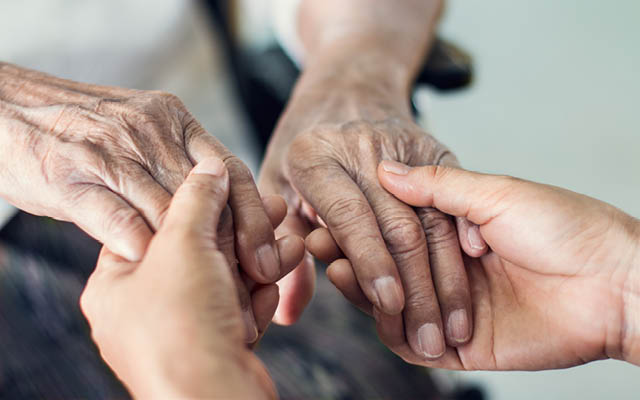Physicians have access to the most advanced medical treatments. They rub shoulders with world-class surgeons and oncologists. Yet the vast majority of doctors say they would refuse aggressive lifesaving measures.
In fact, according to a new study by the Stanford University School of Medicine, 88 percent of the 1,081 doctors surveyed say they would choose a do-not-resuscitate status if they had a terminal diagnosis rather than be hooked up to machines and feeding tubes in their final days.
88 percent of the 1,081 doctors surveyed say they would choose a do-not-resuscitate status if they had a terminal diagnosis rather than be hooked up to machines and feeding tubes in their final days.
“We see too much,” says lead author VJ Periyakoil, MD, clinical associate professor of medicine and director of the Stanford Palliative Care education and training program. “We see how patients who are seriously ill can actually get hurt by ineffective, high-intensity treatments at the end of life.”
When people get to the last stage of any chronic illness, Periyakoil says, there is a tipping point after which ineffective treatments impose greater suffering than the disease itself. For some, moving from home care to a hospital’s intensive-care unit, for example, may cause more harm than good, because patients are isolated from family, are in an unfamiliar environment, and must deal with the side effects of sedation, IVs, and other measures.
When it comes to caring for patients, though, Periyakoil admits that it can be difficult for doctors to forgo treatments for their patients — even if they wouldn’t wish it on themselves. “It’s much harder to tell my patients and their families that I want to hold or withdraw technical support [than] to just provide it,” she says. “Part of the goal of the study was to demonstrate to patients and their families: Here is what we doctors would choose for ourselves.”
Like physicians, more than 80 percent of Americans say they wouldn’t want intensive treatments or hospitalizations at the end of life, but often they don’t communicate their desires.
To ensure the end-of-life care you want, talk to your doctor and family. “Once we know what the values and preferences are, it’s easy to identify what the tipping point is for that particular patient,” Periyakoil says.
For more on end-of-life discussions, see “Planning for the Inevitable: End-of-Life Discussions“.




This Post Has 0 Comments